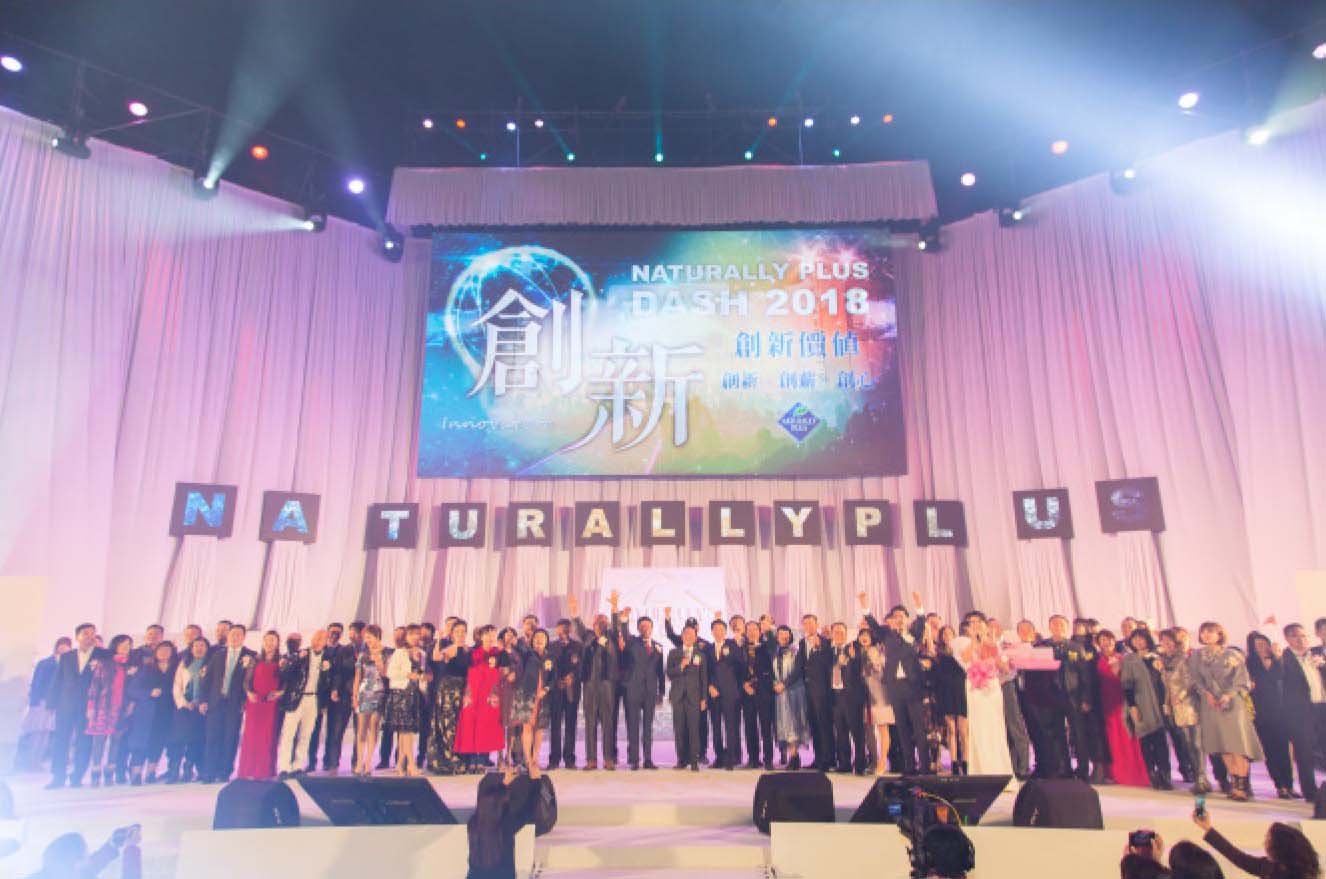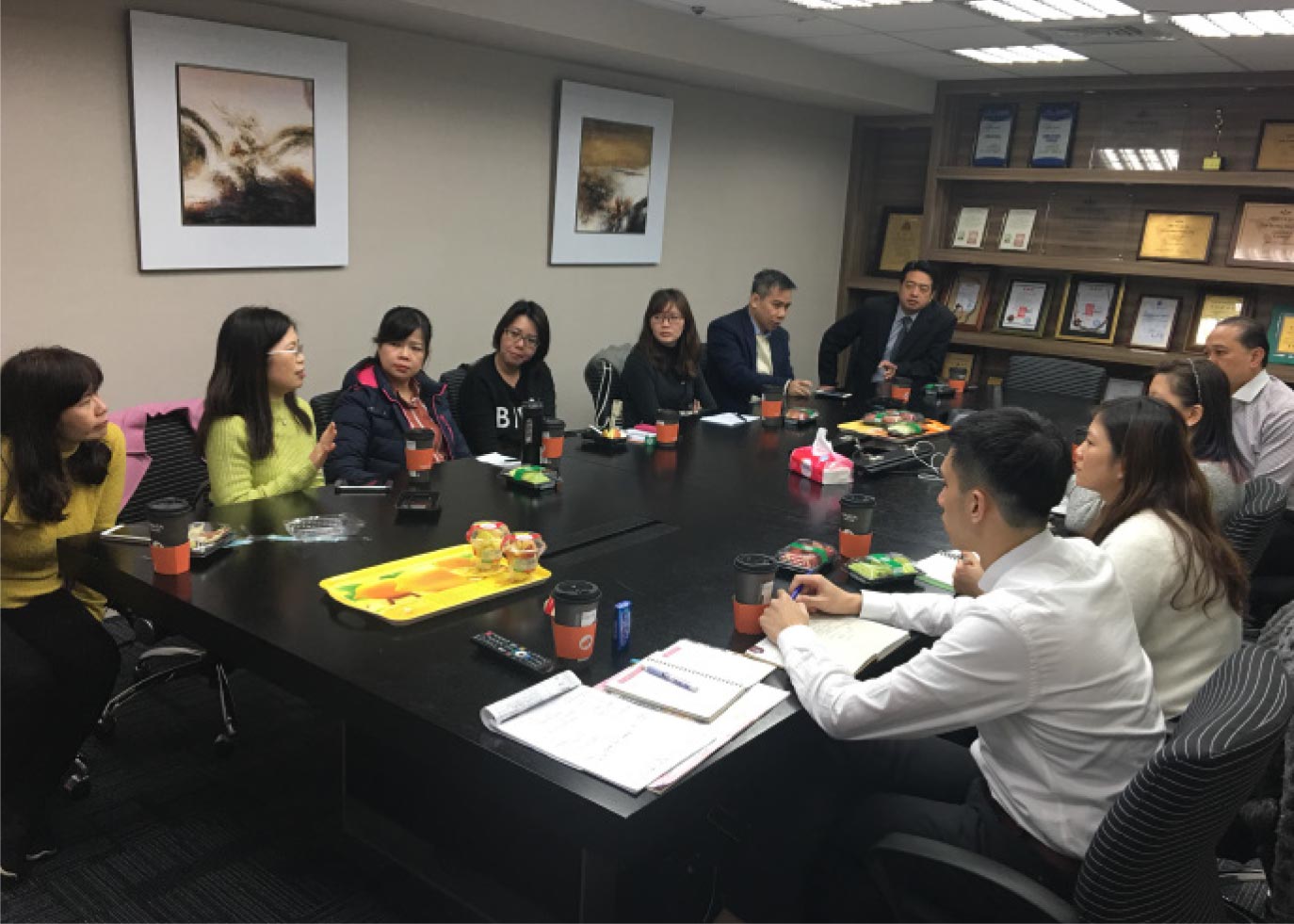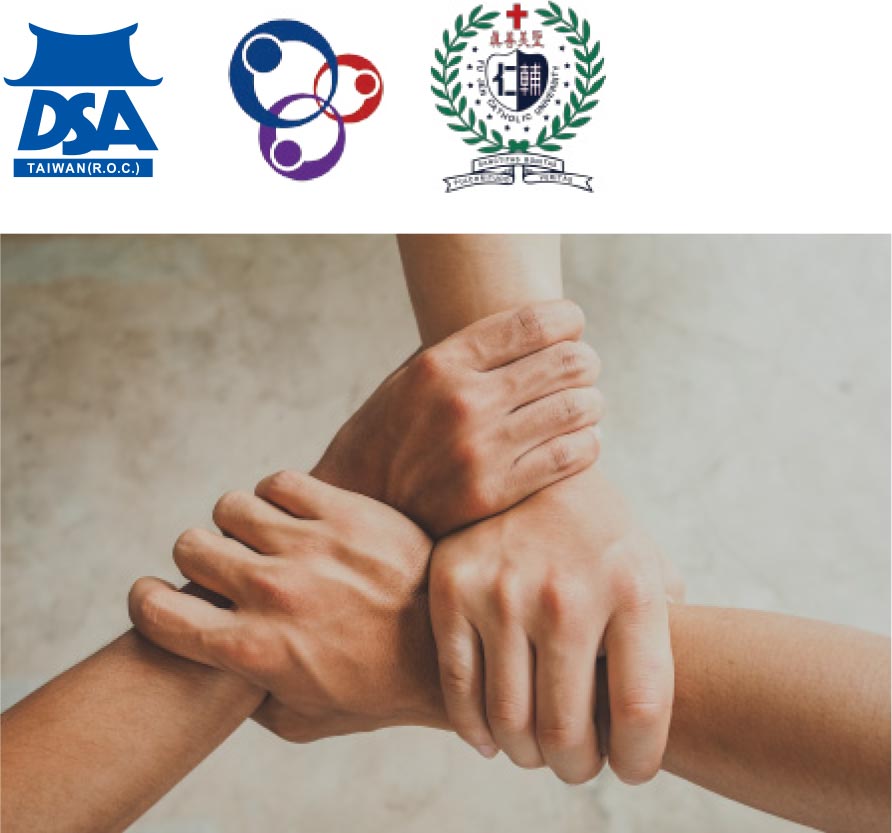

Naturally Plus Co., Ltd.
Incorporated in Tokyo Japan in 1999, Naturally Plus is a “membership-based ‘direct consumption’ enterprise which leads the path to health in the world” by bringing relevant health-promoting products. Thanks to its forward-looking and innovative thinking and excellent products, Naturally Plus has emerged quickly and become one of the typical companies with greatest development potentials and influence in the direct-selling industry in Japan. Currently, it has set up its business presence in 31 locations in 12 countries around the world, with Taiwan as its first overseas location. In addition, its products have been distributed to about 150 countries and regions in the world through the Internet.
Its major products include Health-promoting Series (the SUPER LUTEIN series, IZUMIO, and the PURIFICAR series), Bodycare Series (LUTE and Lacto Air), and beauty series (AURAGE and AND). Not only physical and mental health but also economic health as well as social health – and ultimately world peace – can be achieved through its products.
Address: 30, 46F, No.66, Sec.1, Chung Hsiao W. Rd., Taipei City 100, Taiwan R.O.C.


2018 Annual Convention of Naturally Plus
The Annual Convention of Taiwan Naturally Plus was conducted on January 13 in the Linko Stadium. Taiwan Naturally Plus achieved stellar performance in 2017 with an unparalleled record of revenue growth for 15 consecutive years and successful expansion to 106 countries and regions. The SUPER LUTEIN series and IZUMIO, which are loved by the consumers, have achieved the best sales results for seven consecutive years. In particular, proprietary process patents for IZUMIO have been obtained in Japan and Taiwan, and the only anti-blue light US patent in the world for the lutein ingredient, which is used in several products, has also been obtained. In addition, Naturally Plus App and the comprehensively upgraded LUTE and PURIFICAR series have been officially launched, and are expected to drive overall revenue growth and allow Naturally Plus to achieve a new high in 2018 and set a new record of revenue growth for the 16th year.


Inauguration of the New President of 4Life Taiwan
4Life announced that Ivan Huang assumed the position as the President of its Taiwan branch since February 1, 2018. President Huang has many years of extensive experience in sales, training and organization, as well as marketing and operation.
Danny Lee, President and CEO of 4Life, believed that with the extensive experience of Ivan in operation and market development in this industry and with his dedication to leadership, he would work with business partners to lead the Taiwan market to a new peak.


The 26th Herbalife Spectacular Taiwan
The 26th Herbalife Spectacular Taiwan, which took place on January 20 and 21, was attended by Stephen Conchie, Herbalife's Senior Vice President and Managing Director of Asia Pacific; Stella Tsai, Vice President of Herbalife's North Asia; Hung-hao Chang, Commissioner of the Fair Trade Commission; Jung-lung Chen, Chairman of the Multi-Level Marketing Protection Foundation; and close to ten thousand Herbalife partners from Taiwan, Hong Kong and Macao. Herbalife has adhered to the mission of making the world a healthier and happier place, stayed focused on a health business underpinned by nutritional supplements, developed comprehensive nutritional supplements from inside out and, promoted thematic nutrition education to the public. Established in 1980 in the US, Herbalife has set up its business presence in over 90 countries in the world. Its Taiwan branch, set up in 1995, has actively promoted social and public interest, and has provided excellent nutrition to promote the growth of disadvantaged children through the CASA Herbalife programs under the Herbalife Life Family Foundation.


DSA Striving for Better Brand Image, Pronounced Improvements in the Industry, Friendly Social Respon
According to the Business Ethics Confidence Index Survey released by the DSA in 2017, the Code of Ethics does contribute to improved trust among the society and the public in the direct selling industry. However, the survey also shows that only 11% of the consumers have heard about the Code of Ethics or any similar self-regulation of the direct selling industry. Therefore, the popularization of the Code of Ethics and continued distributor education are the focused work programs of the DSA in 2018.
Since the DSA 's official website was changed into owned media in 2017 with the release of micro-novels and a series of videos concerning the Code of Ethics, which were extensively welcomed by the public, micro-novels and the "Stories of Direct Selling Hearts" have become the most popular sections. It is expected that beginning with February, five episodes of the micro-novels "Rising Directly to the Top" will be gradually made available in all major online bookstores, including Apple's iBooks, Android's Google Play and Readmoo, a well-known online bookstore in Taiwan, for free download.
In addition, the DSA will continuously communicate the the Code of Ethics with the public by further optimizing the special columns to create more literary and audiovisual content with more impact on communities. Meanwhile, the identification with the DSA and the self-regulation under the Code of Ethics among practitioners in the direct-selling industry will also be established so that distributors can better identify with our efforts and vision, and that the consumers will understand the direct selling industry with their myths debunked. Ultimately, the efforts of the DSA to continuously promote self-regulation and quality will contribute to the public's trust in the direct selling industry and direct selling brands.


Unprecedented Cooperation among DSA, MLMPF and Fu Jen Catholic University in Launching the
The DSA, the Multi-Level Marketing Protection Foundation (MLMPF) and Fu Jen Catholic University will cooperate to launch the "Multi-Level Marketing – Theories and Practices" program in the second semester of the 2017 – 18 School Year to enhance the image of the industry and cultivate direct selling professionals. This program will be launched in the School of Law of Fu Jen Catholic University on March 2 in the form of special topics conducted by inviting experts from the industry, government agencies and academia. In addition, diverse pedagogical approaches including visitation to direct selling companies will be adopted so that the students will acquire expertise about direct selling laws and regulations, the direct selling system, marketing, operation, and management in the hope that they will gain thorough understanding of them and put them into effect use. For the syllabus of the "Multi-Level Marketing – Theories and Practices" program, please visit
https://goo.gl/YTdTef.


Results of Investigation into Legal Violations Concerning Multi-Level Marketing in 2017
The Fair Trade Commission (FTC) released the results of investigation into legal violations concerning multi-level marketing in 2017 on January 30. According to the statistics, the FTC imposed sanctions in 38 cases in 2017, an increase of 5 cases as compared with 33 cases in 2016. The total fine imposed in multi-level sanction cases in 2017 was NT$15.8 million, an increase of NT$7.7 million as compared with NT$8.1 million in 2016. The top three types of legal violations so sanctioned include: (1) change of matters which shall be reported pursuant to law and which is made without reporting to the FTC in advance after the multi-level marketing enterprise has completed the reporting and implemented multi-level marketing; (2) failure of a multi-level marketing enterprise to report to the FTC by submitting the legally required materials before multi-level marketing acts are engaged; (3) violations of the Multi-Level Marketing Supervision Law for a lack of matters that shall be specified in a participation contract between a multi-level marketing enterprise and a distributor (4 cases) and for failure to handle a distributor's withdrawal and sales return pursuant to law (4 cases).
According to the FTC, it will continuously take measures such as enhancing the examination of multi-level marketing reporting cases, inspecting multi-level market business, and strengthening regulatory and supervision mechanisms to prevent the reporting enterprises from engaging in distorted multi-level marketing. In addition, multi-level marketing administration and investigation mechanisms will be effectively implemented. To address the ever-increasing changes in the multi-level marketing patterns and sales of products, diverse channels including online monitoring, observation of public opinions and complaints lodged by citizens will be leveraged to actively investigate illegal multi-level marketing acts. In addition, close cooperation with prosecution and investigation agencies will be maintained to effectively identify and penalize illegal acts and protect the rights and interests of the people.


Can Distributors Request Direct Selling Companies to Delete Their Personal Data upon Withdrawal?
A direct selling company needs to collect personal data about its distributors for reasons such as recruitment, management of its direct selling organization, calculation of bonuses, and distribution of rewards. However, when withdrawing from the direct selling organization, distributors may request the direct selling company to delete or stop the processing of their personal data by asserting that there is no need for the direct selling company to collect the personal data in accordance with Article 11, Paragraph 3 of the Personal Data Protection Act. However, the proviso of the same article provides that this restriction shall not apply if this is required for the fulfillment of job duties or business or if written consent of the owners of the personal data has been obtained. Under Article 21 of the Enforcement Rules of the Personal Data Protection Act, the exemptions of such restriction including: (1) there is a retention period under relevant laws or regulations or a contract; (2) there are sufficient reasons to conclude that the deletion will undermine protectable interest of the owners; or (3) there are other justifications for not deleting the personal data which are required for the performance of job duties or business as stipulated in the proviso.
In addition, Article 24 of the Multi-Level Marketing Supervision Act provides that a multi-level marketing enterprise shall, in consideration of supervision and administration by the competent authority, record information on a monthly basis about organizational development, sales of goods or services, distribution of bonuses, and handling of sales return to facilitate auditing by the competent authority. In addition, Paragraph 2 of the same article stipulates that such designated data shall be retained for five years even if the direct selling company has stopped its multi-level marketing business. Under Article 9, Paragraph 1, Subparagraph 3 of the Enforcement Rules of the Multi-Level Marketing Supervision Act, the specific contents of such information as audited include the name, national identification certificate number or business uniform number, address and contact number of each distributor as well as major areas where the distributors are located.
Based on the foregoing explanation, a direct selling company is required by law to retain the above distributor information for at least five years. Even if a distributor requests the direct selling company to delete such information after the distributor has withdrawn, the direct selling company may still refuse. However, if the participation contract does not stipulate that the direct selling company may retain other personal data about distributors, if there is no sufficient reason to conclude that the deletion of such data by the direct selling company will undermine any protectable interest of the distributors, or if the direct selling company has no other reasons which prevent the deletion of the data, the distributors may request the direct selling company to immediately delete such personal data.


